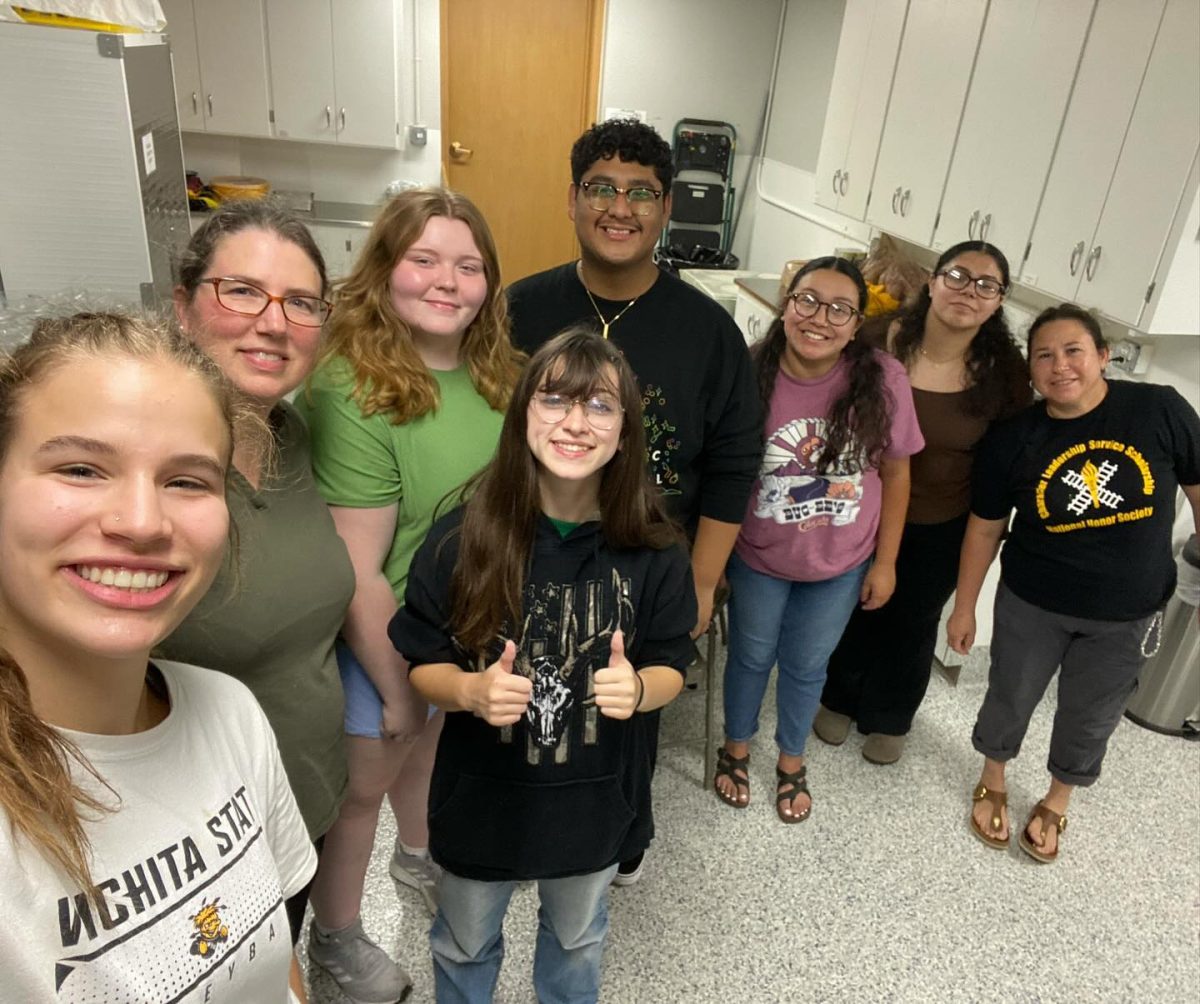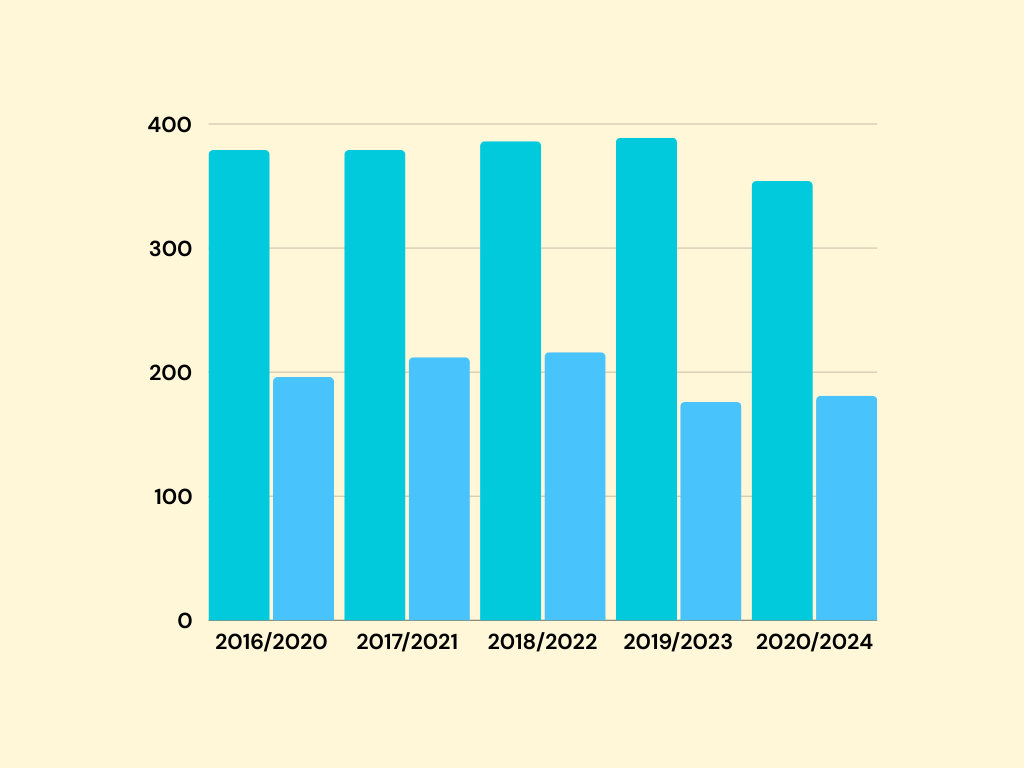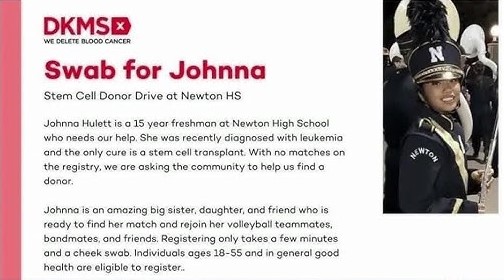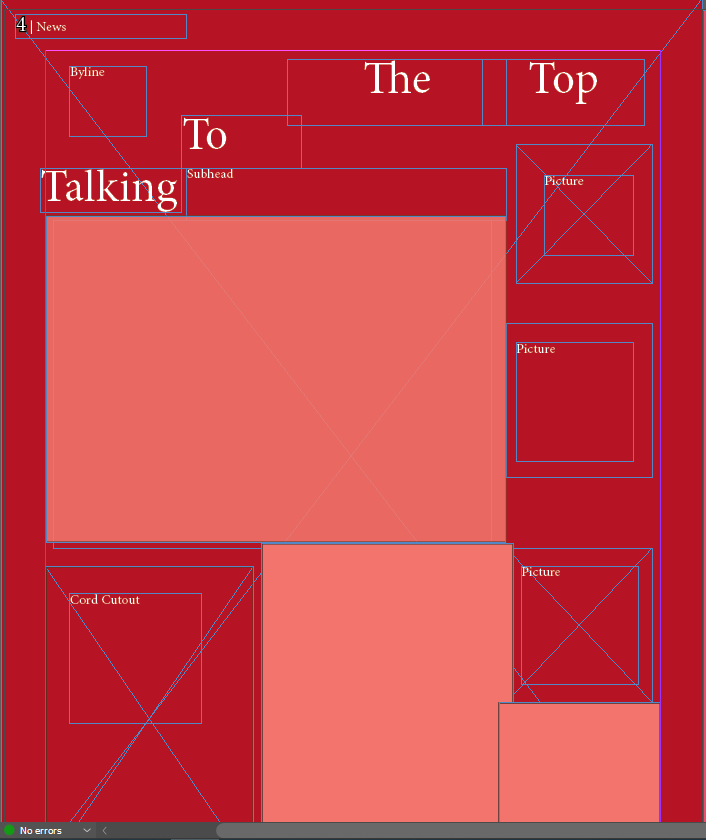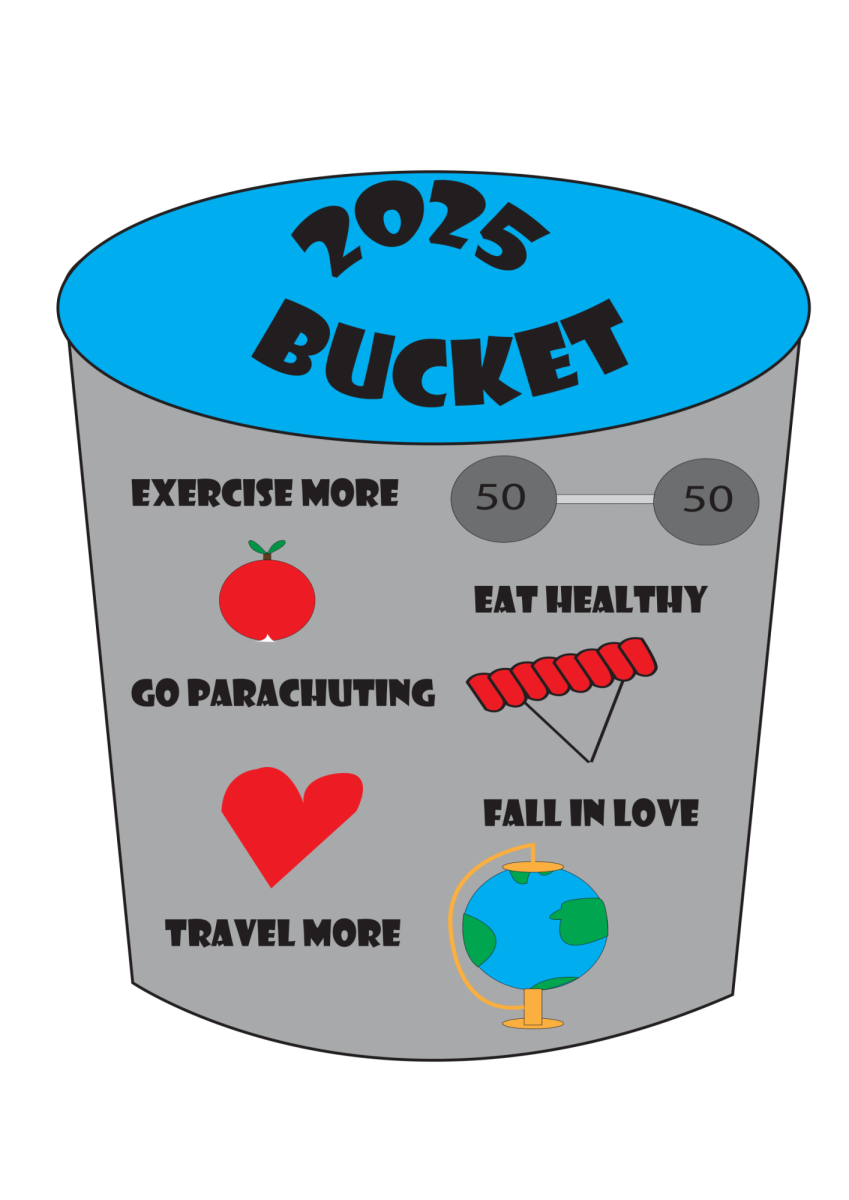
As spring approaches, Newton High School foreign language students are tasked with one big final test to end the year. Upperclassmen in advanced Spanish, German and French classes are required to take the Seal Of Biliteracy exam in April to ideally prove their understanding of a foreign language.
The Seal of Biliteracy exam is composed of four different sections, demonstrating a student’s reading, writing, listening and speaking skills. For senior McKinley Mueller, who is taking the German exam, she anticipates the speaking portion of the test to be the most difficult.
“I think that the speaking part will be the hardest because usually I can comprehend reading and listening better,” Mueller said. “Usually, I have a harder time processing speaking prompts quickly.”
Though some students would prefer to not take this exam, it is also seen as a great achievement if one can prove their proficiency. Senior Josie Haag, who will be taking the Spanish exam, believes that if she does well on the exam, it will look great on her resume.
“I think that if you are prepared, it is a good idea [to take the exam] because it will give you a good thing for your resume,” Haag said. “Right now though, the preparation is stressful.”
NHS foreign language teachers have made it a priority in the second semester to provide their students with tools to prepare for the exam. French teacher Madeleine Riley frequently dedicates class time and recommends outside resources for her students to practice their French proficiency.
“The students took a formal practice exam, so we spent class time taking the exam. I have also taken the time to write similar prompts that we practice every class period,” Riley said. “Outside of the classroom, I am recommending that students listen to music in French, watch movies or TV series in French and frequently review and revise the stuff we have learned in class. The students who have done this will have the most success.”
Mueller hopes she will benefit from taking the exam, as she plans to continue taking German classes in the future. She hopes that even if she doesn’t pass the exam this time, she can learn and have a better understanding of German.
“I think that [the exam] will give me a more realistic take on the German language, so I hope I can learn from the experience,” Mueller said.
Exams for all foreign languages are known to be quite difficult, especially to earn a Gold Seal on the exam, the highest level a student can earn. Riley believes that even though the exam seems daunting, the possibility of failing shouldn’t deter a student from trying.
“I would encourage all students to take the exam, even if they aren’t enrolled in a language class,” Riley said. “If you grew up speaking Spanish at home, or any other language, there are a wide variety of languages the test has to offer. You might as well try because it is free and I think that there is a misconception that passing the exam means you are completely fluent, which isn’t true. Passing means you are proficient in the language, not a native speaker.”

